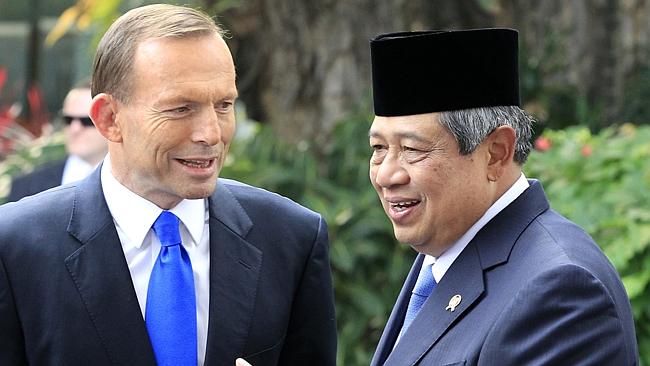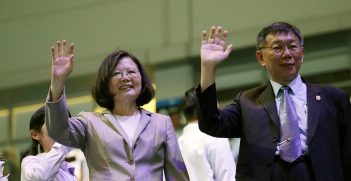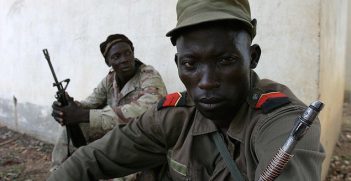Australia-Indonesia Relations and a New Indonesian Leader

As we await official results of yesterday’s Indonesian election, it is worth reflecting on whether Australia is likely to share the same relationship it once held with incumbent President Susilo Bambang Yudhoyono (SBY) with the new Indonesian leadership.
With 190 million voters directly electing their president for the 3rd time in Indonesian history, it has been an election characterized by polarisation with very different candidates and opinions. One point of agreement, however, between candidates Jokowi and Prabowo has been their shared opinion of Indonesia’s future relationship with Australia.
Australia-Indonesian Relations Taking Centre Stage
Australia’s relationship with Indonesia took centre stage during the televised debate on 22 June 2014, with both candidates discussing concerns about the poor bilateral relations between the two nations. Probowo blamed the unstable relationship on Australia’s phobia of Indonesia while Jokowi attributed it to a lack of trust.
An Australian Attitudes on Indonesia Newspoll Report conducted in 2012 showed that only 53% of Australians at least somewhat trusted Indonesia, while 75% of Indonesians had at least some trust in Australia. Similarly, the report found that while only 1% of Indonesians did not trust Australians, a striking 14% of Australians did not trust Indonesians.
Revelations of last year’s spying scandal took the relationship to its lowest point in years with President SBY recalling the Indonesian Ambassador to Australia and suspending areas of defence and security cooperation.
Efforts to Reset Bilateral Relations
Since then, Minister for Foreign Affairs Julie Bishop has been working together with Indonesia to develop a Code of Conduct to help reset bilateral relations. There have been some signs of progress on such efforts with the recent return of Indonesian Ambassador Najib Riphat Kesoema to Australia. This, however, does not quell Indonesian perceptions of Australian arrogance and distrust. As Jokowi noted during the third televised debate, it has become a matter of dignity with the perception that Indonesia has been treated as a weak and unequal nation.
While Prime Minister Tony Abbott has said that there is no country more important to Australia than Indonesia, and both Jokowi and Prabowo have committed themselves to reviving ties, the cultural difference in communications at an elite level is still an area for improvement.
At a recent discussion on the Indonesian election at the Lowy Institute, one of Indonesia’s leading foreign policy thinkers, LTG (Ret.) Agus Widjojo, noted that a relationship between Indonesia and Australia is a universally given reality: the two nations are neighbouring countries, a fact that no one can avoid, regardless of the government of the day.
Bridging the Gap
Given that Australia and Indonesia are so close and yet so different, there is a continuing need to narrow and neutralise the cultural gap. This is especially needed at the elite level. As Widjojo noted reflecting on last year’s spying scandal, the mistake was not at the technical level but the cultural level where misunderstandings of the two types of government led to worsening of relations. There is concern that if elected the hard line and at times unpredictable Probowo will be less tolerant of Australia’s ignorance.
In Indonesian culture it is said that, ‘If you bow down before them, they will come down and kneel before you’. Utilising such approaches based on respect and humility could be the future for Australia’s relationship with Indonesia, whatever its future leader.
Patricia Dias is an intern at the Australian Institute of International Affairs National Office. She can be reached at intern3@20.185.176.227.





